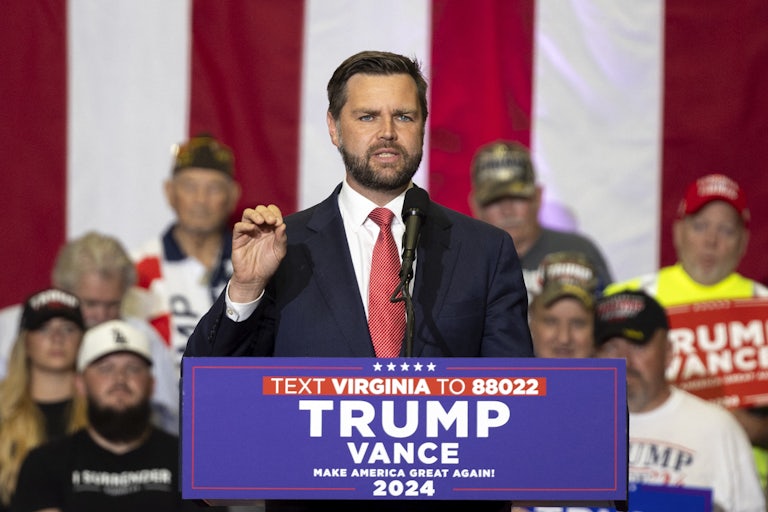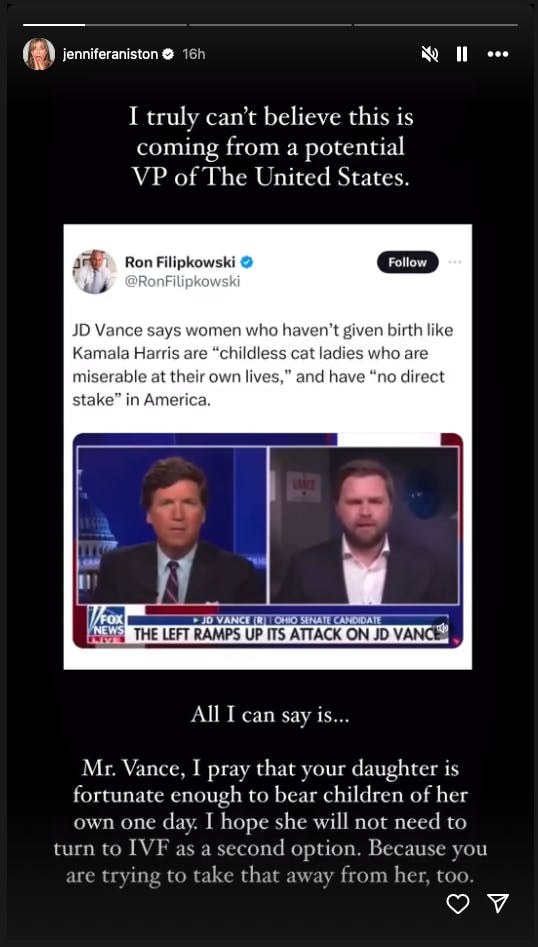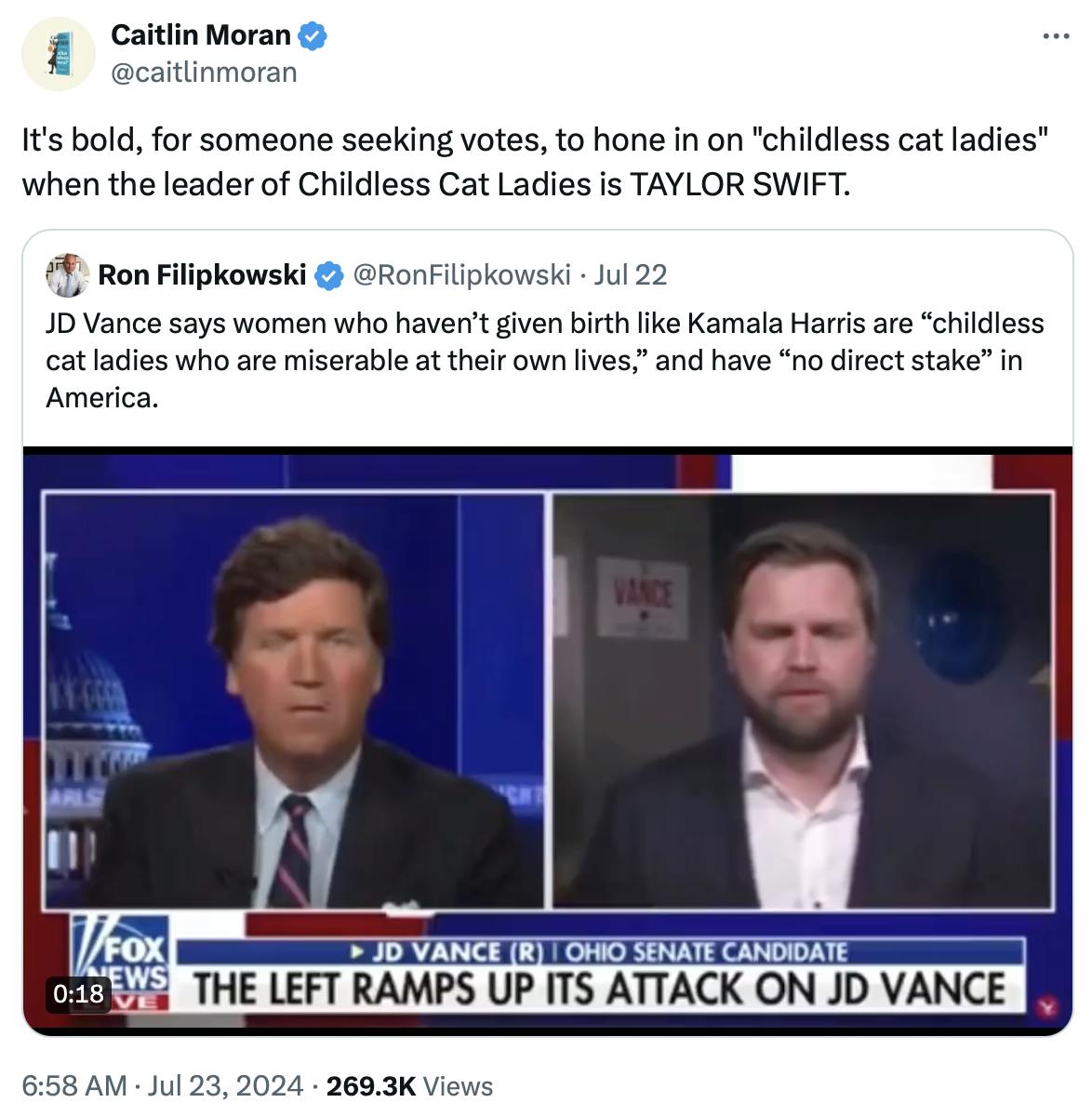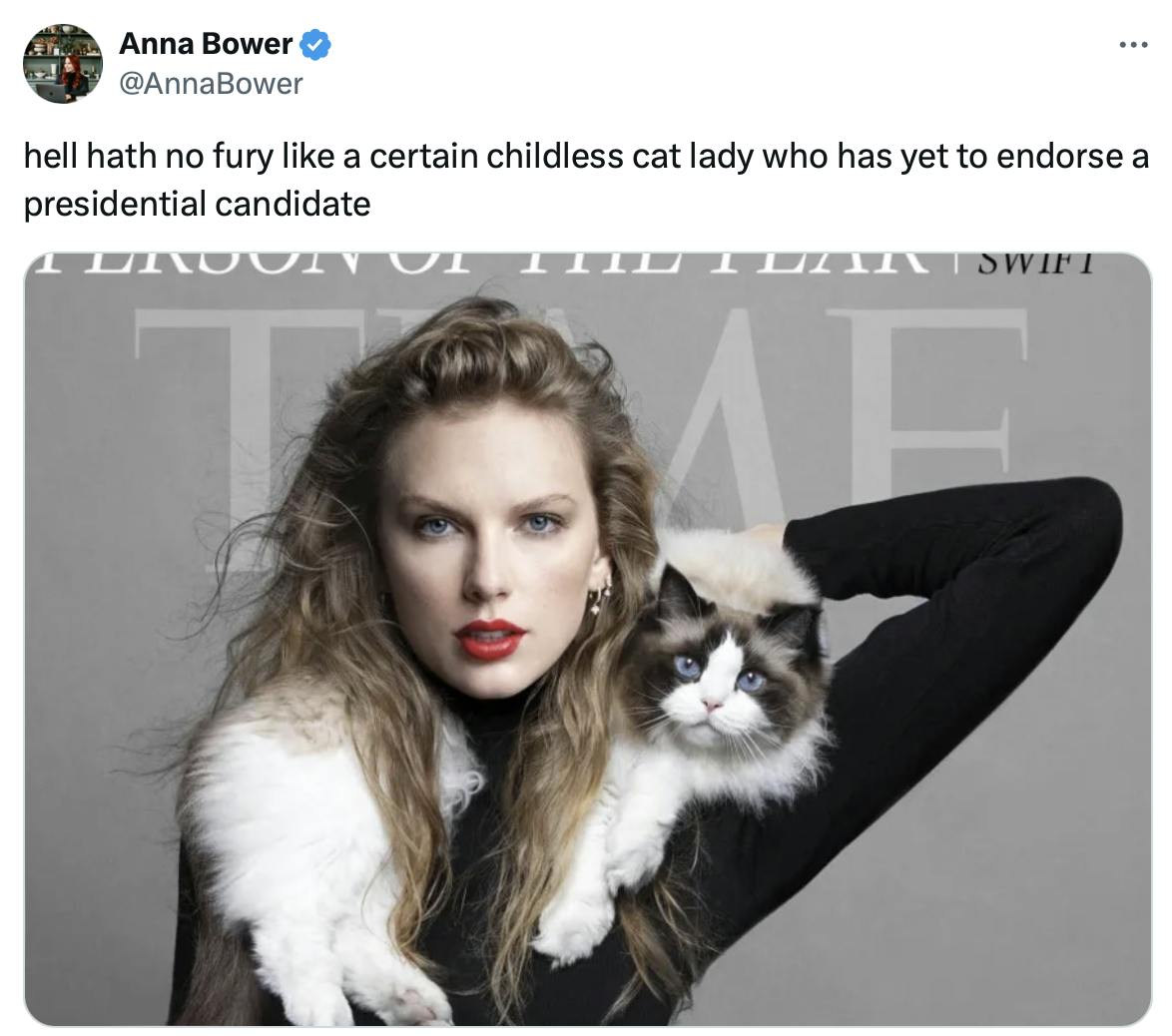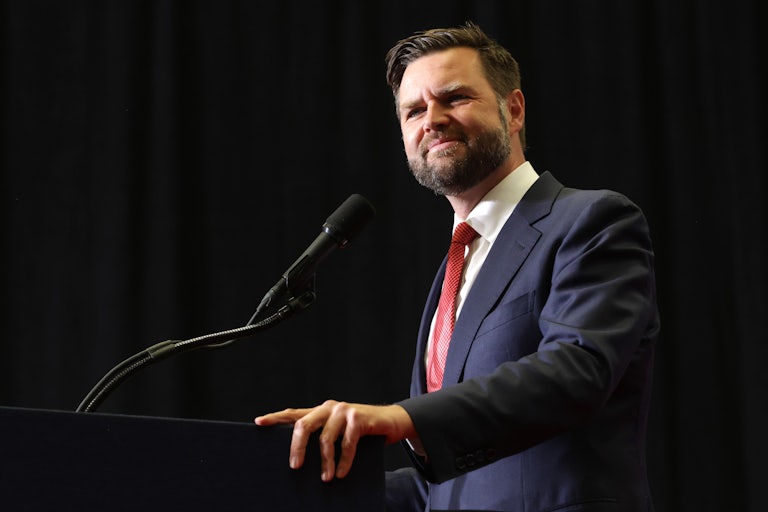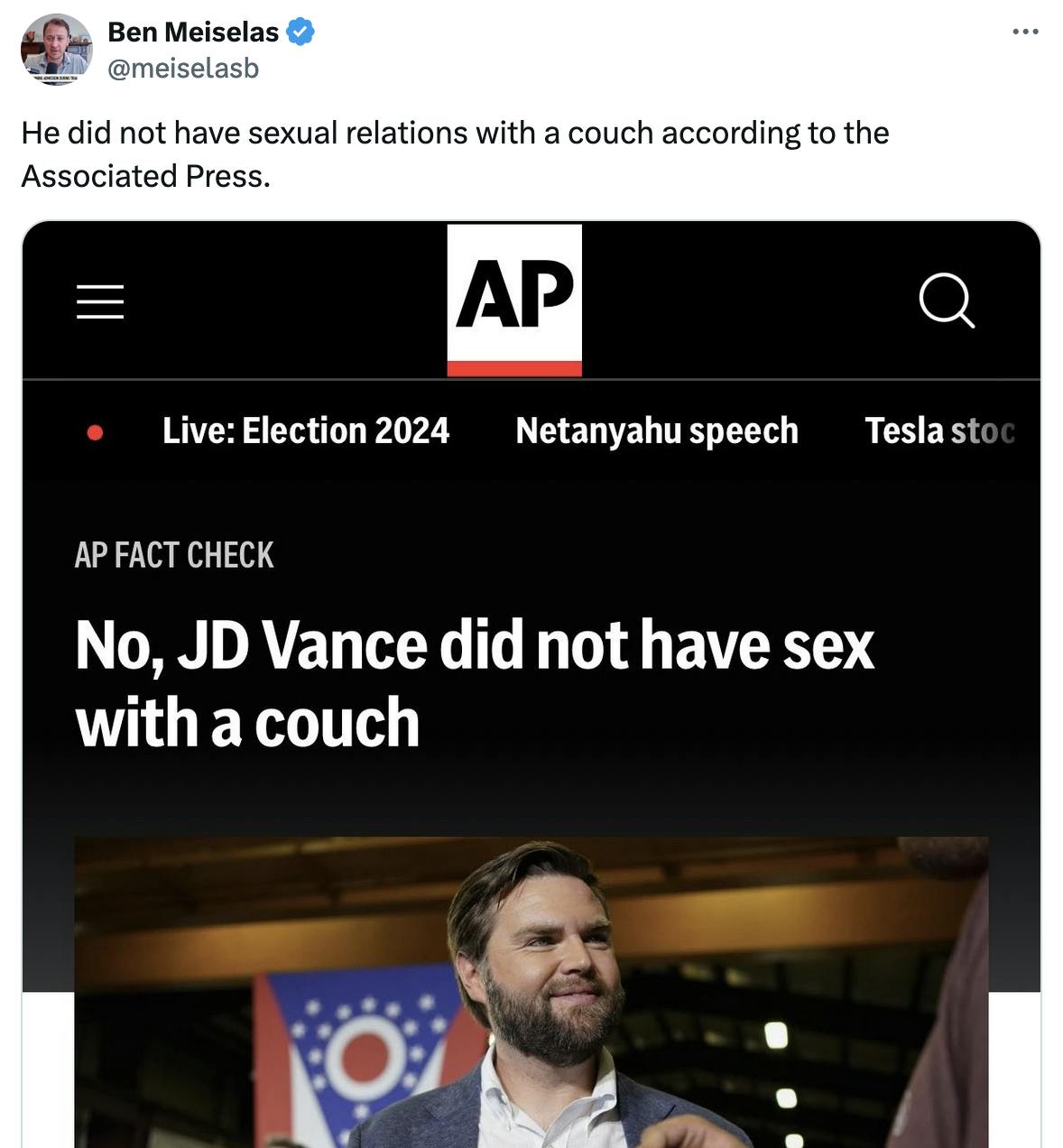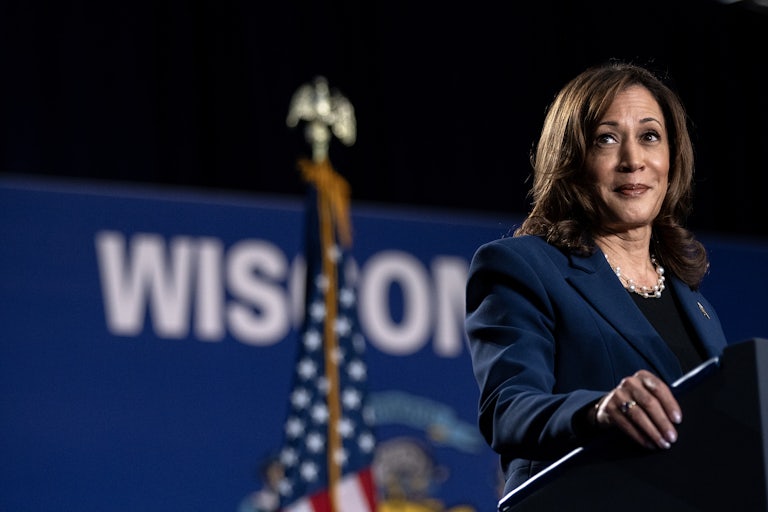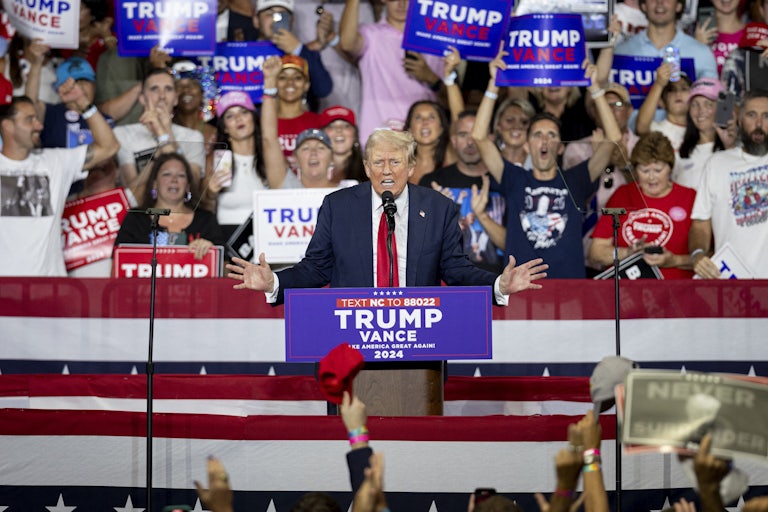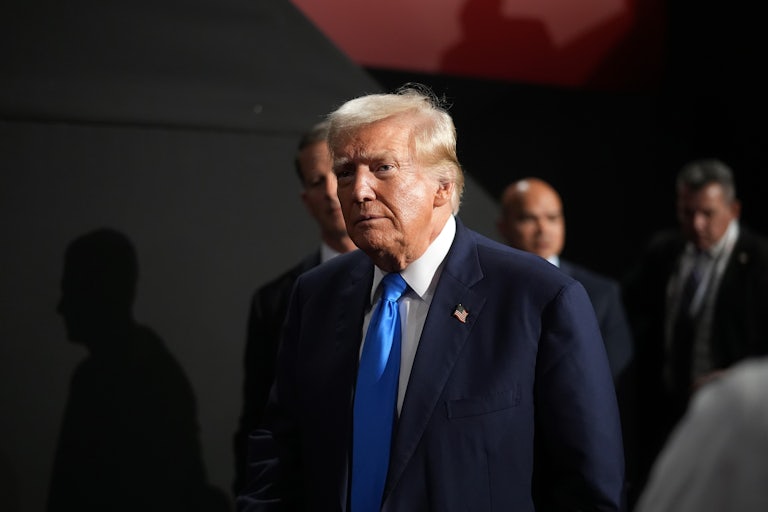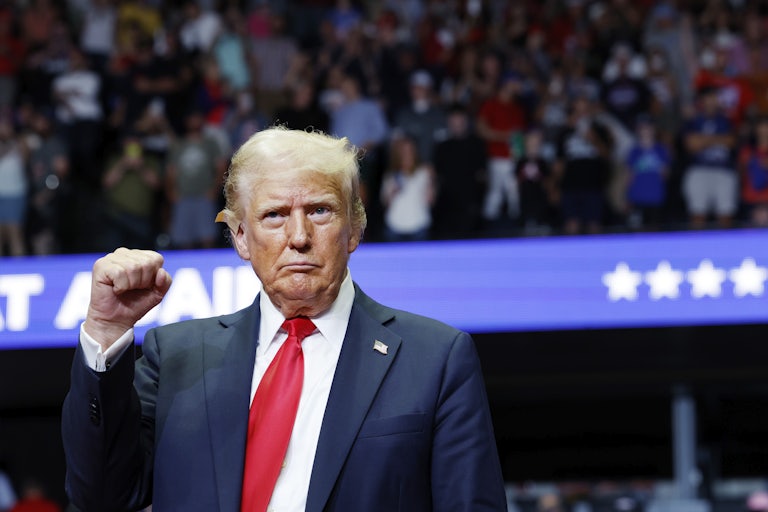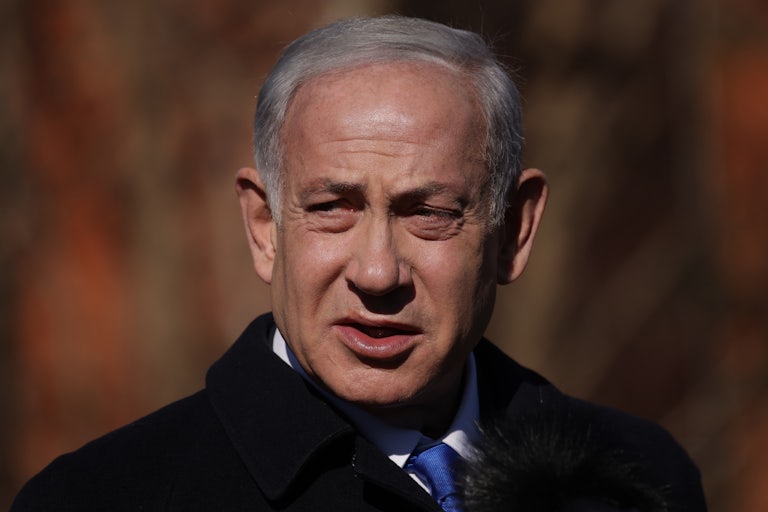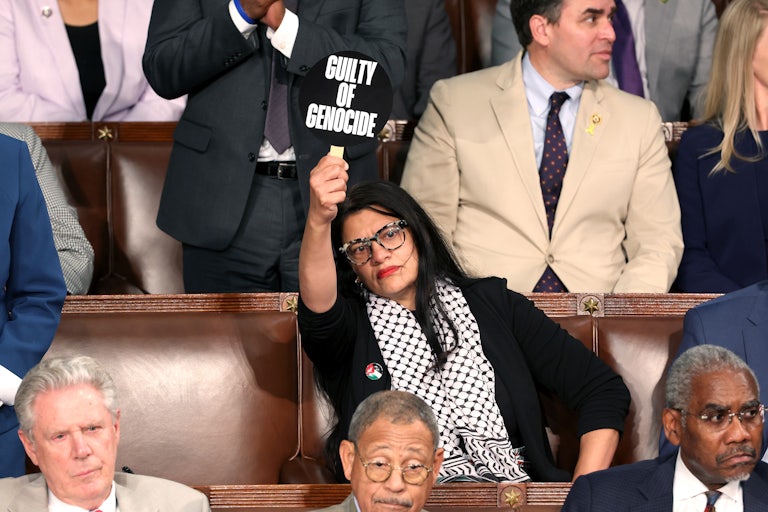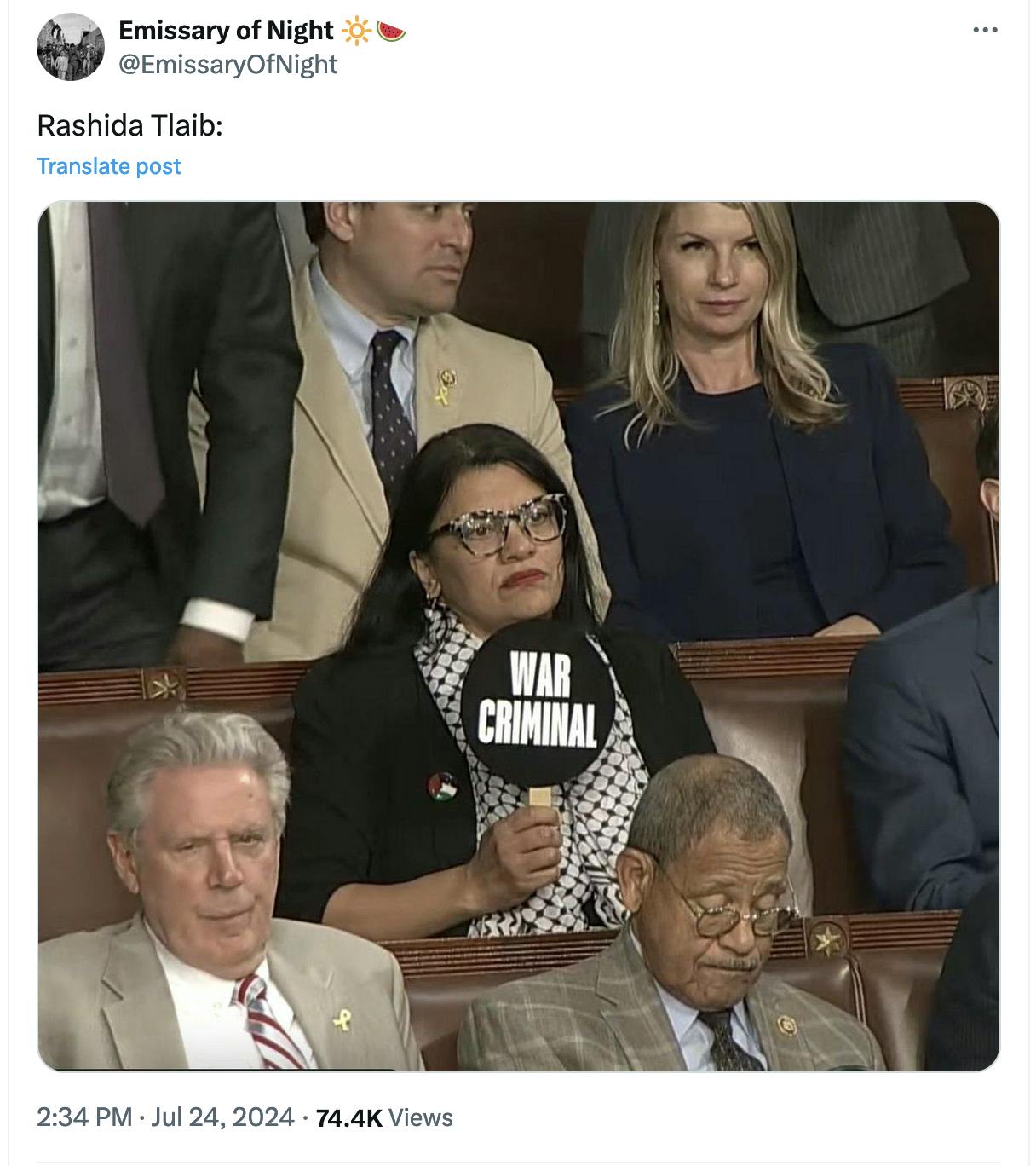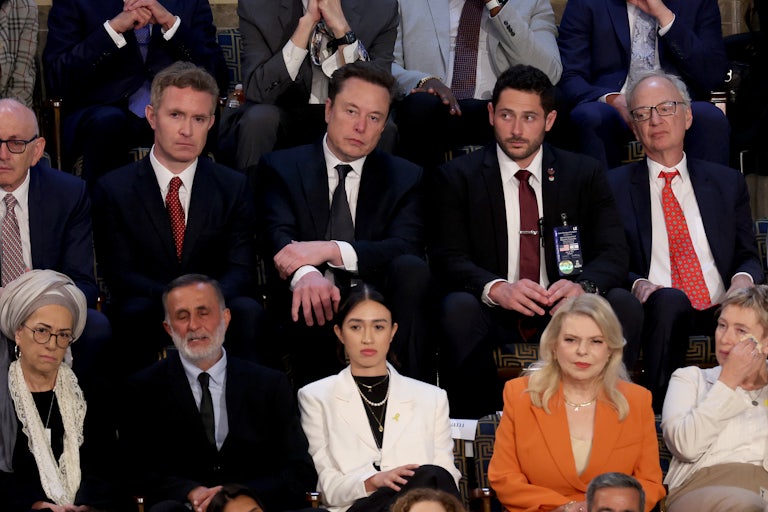FBI Director Not Convinced Trump Is Telling the Truth on Bullet Injury
FBI Director Christopher Wray testified that it’s not clear whether Donald Trump was hit by a bullet.
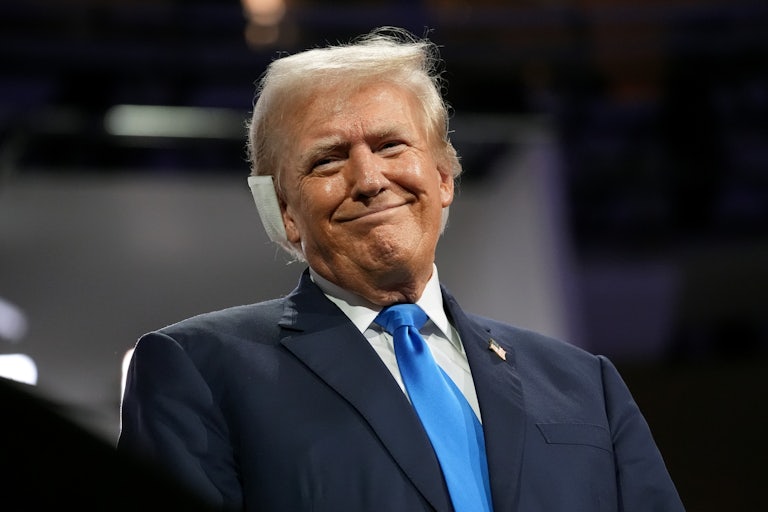
FBI Director Christopher Wray said Wednesday that it is not clear whether Donald Trump was struck by a bullet during the assassination attempt against him earlier this month.
Appearing before the House Judiciary Committee, Wray testified about the agency’s investigation into the attempted assassination, expressing uncertainty about the nature of the injury Trump suffered to his ear.
At one point, Republican Representative Kevin Kiley asked, “How close did the assassin’s bullet come to killing President Trump?” Wray responded that he didn’t know the actual distance, but “my understanding is that either [the bullet] or some shrapnel is what grazed his ear.”
Later in the hearing, Wray replied to a question from House Judiciary Chairman Jim Jordan about where the eight bullets fired by Thomas Crooks went. “With respect to former President Trump, there’s some question about whether or not it’s a bullet or shrapnel that hit his ear,” Wray again said. However, in affirming that the FBI “accounted for” all of the shots, he added, “I don’t know whether that bullet, in addition to causing the grazing, could have also landed somewhere else.”
Over the weekend, Trump told a Michigan crowd, “I took a bullet for democracy.” The same day, Axios reported on a memo, written by Trump’s former White House physician and shared by his campaign, that stated the bullet struck Trump’s ear, coming “less than a quarter of an inch from entering [Trump’s] head” and “produc[ing] a 2 cm wide wound.”
While Wray revealed, among other information, that Crooks researched the killing of JFK and flew a drone over the site prior to his attempt on Trump’s life, his remarks about the basic facts surrounding the former president’s injury show that uncertainty still looms over our understanding of the event.
Wray told the committee, “There’s a whole lot of work underway and still a lot of work to do, and our understanding of what happened and why will continue to evolve.”
